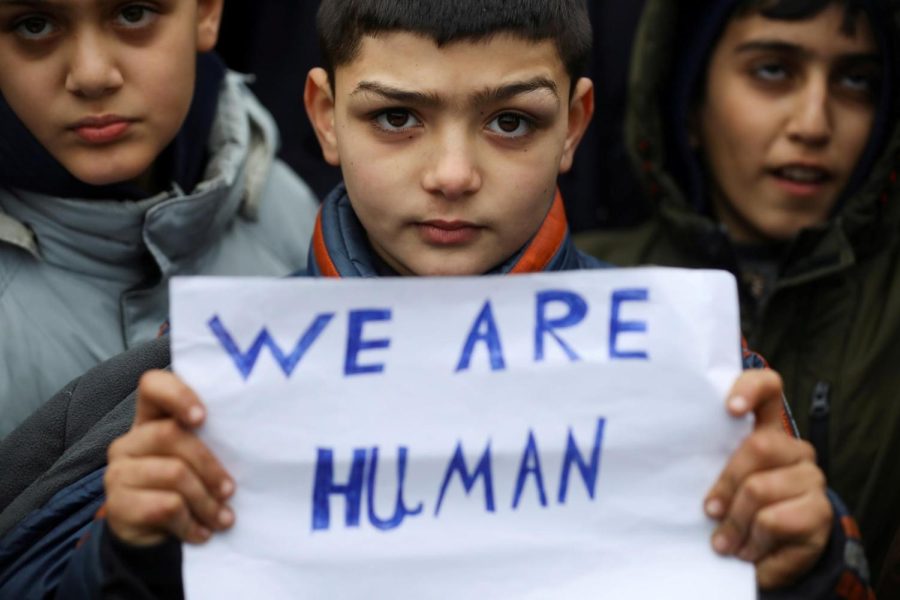Belarusian-Polish Migrant Crisis
December 6, 2021
Immigration debates within the E.U. have once again sparked with the recent surge of Kurdish Iraqis and Syrians immigrants on the Belarusian and Polish border. These events have inflated tensions between the European Union (E.U.) and Poland as they hold opposing views to immigration.
The debate around immigration in Europe is heavily influenced by the 2015 Refugee Crisis. At the time, conflict in Syria, Iraq, Iran, Eritrea and Afghanistan left millions displaced or in refugee camps. It is estimated that half a million refugees crossed the Mediterranean sea seeking asylum in countries like Cyprus, Italy, Greece and Malta. Additionally, millions trekked across Europe on foot, taking advantage of the open borders policy between many E.U. countries, which allows border crossing without checks.
In response to the crisis, many countries shutdown borders in order to gain control over the situation. Accepting high levels of migrants was a huge governmental responsibility, which was disproportionately placed among countries. The result was a widespread anti-immigrant sentiment in many European countries. While the E.U. maintains a general policy of Dublin Regulation, making a country responsible for the review of an asylum application, countries vary in how they upheld it.
Immigrants from Belarus have been entering since early summer 2021 but on November 8th thousands of migrants accumulated on the Belarus/Poland border. Many are arguing that the situation will turn into a humanitarian crisis if this standstill continues. Temperatures in the region have dropped beyond freezing with many not adequately dressed or given proper shelter. It was reported that around 2,000 to 3,000 migrants were on the border as of Nov. 14th. Conflict between Polish border patrol occurred on Nov. 16th when migrants threw stones at the border police. This incited the use of teargas in order to regain control.
Belarusian Dictator Alexander Lukashenko has come under fire from the E.U. for orchestrating this situation to stress political tensions over asylum policy. Additionally, the E.U. accuses Lukashenko of taking these actions in retribution for the imposition of multinational sanctions after the ordered the landing of a commercial flight and election fraud claims. Lukashenko denies manipulating the situation, yet an increase in flights from Iraq and Syria to Minsk, the Belarusian capital, in recent months, and communication to migrants make leaders think differently.
The U.S., E.U., and NATO have condemned Lukashenko’s actions. The E.U. plans to levy a fifth round of sanction on Belarus. Lukashenko responded by threatening to cut off access to gas transit from Russia to the E.U. Many believe this will not be long term as it interferes with Russia’s interests, which in turn is not in Belarus’s interests.


